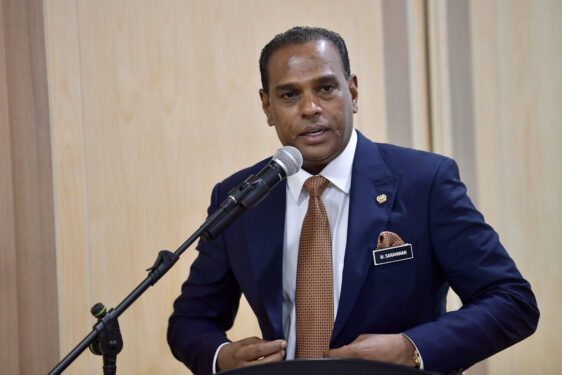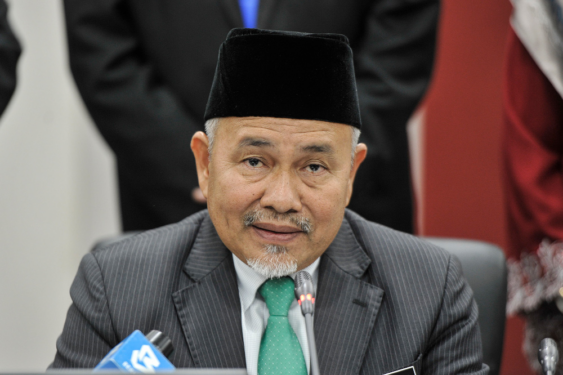THAT it took so long for Human Resources Minister Datuk Seri M. Saravanan to realise that the performance of Talent Corp Malaysia Bhd (TalentCorp) is still very much off the mark as “the national agency that drives Malaysia’s talent strategy towards becoming a dynamic talent hub” is nothing short of astonishing.
Yesterday (Sept 25), the Tapah MP emphasised the need to empower TalentCorp to ensure the agency achieves its original goal of bringing home talents, including professionals who migrated overseas because of better offers.

To him, one of the main challenges faced by the agency is how talented Malaysians are lured by prospect of earning an income in foreign currencies amid the ringgit’s depreciation which, frankly speaking, is just the tip of the iceberg as to why Malaysian talents overseas are shying away from returning home.
Recall that in August 2020, the 2019 Auditor-General (A-G)’s Report highlighted that TalentCorp did not achieve its key targets to bring home highly-qualified Malaysians from other countries in the past three years through its Returning Experts Programme (REP).
The report said that only 272, 309 and 276 Malaysians were wooed back in 2017, 2018 and 2019 respectively through the programme when TalentCorp had set a target of bringing home 400 Malaysians in 2017, 2018 (400) and 1,000 (2019).
The A-G went on to lament that TalentCorp’s aspirations of making Malaysia a top-20 destination in the Global Talent Competitive Index (GTCI) were not realised although it noted that Malaysia had made improvements, rising from the 37th position in 2013 to the 26th position in 2020.
As far back as July 2013 which was barely two years after TalentCorp’s inception in 2011, former Energy, Science, Technology, Environment and Climate Change Minister Yeo Bee Yin tabulated that TalentCorp would need 300 years to reverse Malaysia’s brain drain on assumption that more than 300,000 Malaysian professionals have settled down outside the country.
This follows a World Bank report that year that the brain drain phenomenon represents one third of the strong one million Malaysian diaspora.
“The TalentCorp programme, however, has only succeeded in bringing back 680 Malaysians professionals in 2011, 923 in 2012 and 502 up to June this year (2013),” asserted the then Damansara Utama state assemblyperson in a media statement.
“Even at 1,000 professionals returning every year, at this ‘reverse’ rate, it will take 300 years for TalentCorp to reverse Malaysia brain drain. This is also the most optimistic estimation based on the assumption that there is no further brain drain.”

Even back in 2013 – and nothing much has changed since then – the Word Bank report revealed that the top three drivers for brain drain were career prospects (66%), social justice (60%) and compensation (54%).
While brain drain and diaspora reflect the forces of globalisation and are not unique to Malaysia as a developing country, it pains the heart to know that Malaysia is losing talents due to a combination of career prospects, compensation as well as social injustice.
“If we cannot even give scholarships to our top brains to study overseas, what chance is there to reap their effort when they become sought after by others? We are trying to get those horses back after they have bolted,” commented one Malaysiakini reader when the news portal posed the remark “The incentives that TalentCorp cannot give are a fair and just society”.
Surveys have shown that Malaysian diaspora have strong sense of attachment to the motherland.
Given more inclusive policies and fairer social environment, many talented Malaysians will choose to come home or stay in Malaysia even without the costly TalentCorp programmes.
“It is time for the Barisan Nasional (BN) Government (back in 2013) to re-examine their brain drain reversal policies on whether they are solving the surface or the root of the brain drain problem,” Yeo said, and her argument targeted at the government of the day some nine years ago is still relevant today.
“There is a serious need for policy and structural reform to introduce meritocracy back to the Malaysian society – both in education and business world – while not neglecting the population based on needs.” – Sept 26, 2022










